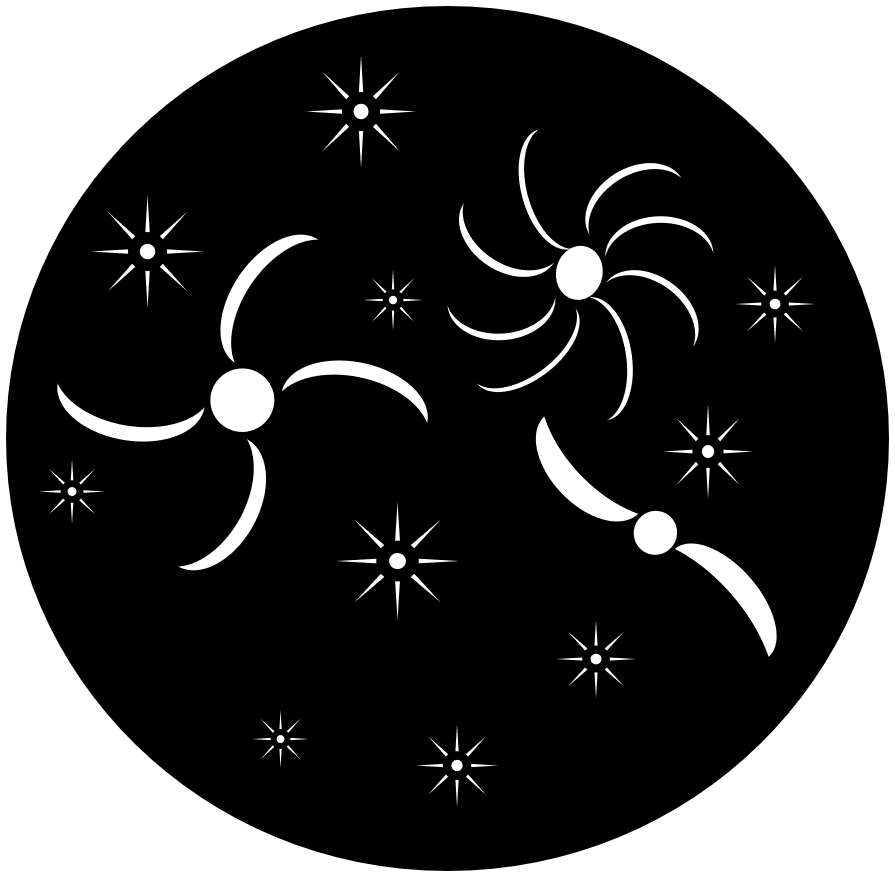
Warning: this post contains spoilers for Timothy Brook’s Great State: China and the World
There is a lot of talk these days about China. Regardless of China’s role or lack thereof in the spread of COVID-19, the global pandemic and the shuttering of national economies that has been used in an attempt to curb its proliferation has served to emphasize just how intricate, delicate, and sprawling our supply chains are. It’s the sort of thing that it’s easy to realize must be true, but that we rarely take the time to sit down and contemplate. The other day, I was sitting at the kitchen table, eating brie, and it happened to cross my mind how amazing it was to be able to go to the store and buy, for a few dollars, a wheel of brie exactly identical to thousands of others, in any part of the country. Somewhere, there is a factory that produces thousands upon thousands of those little wheels of brie, and neatly packages them, and ships them out to grocery stores, which doesn’t even touch upon the source of the machines used to make the packages or to print the labels, or the computers that generate and track the bar-codes, or a dozen other parties involved in the production of such an apparently simple wheel of cheese that I was sitting and eating. You can go through the same exercise with almost any product you can imagine, and it will have followed an astonishingly complex path to reach you.
The point of this exercise is the same point that Timothy Brook is trying to make in Great State. His primary argument, from page one through to the end, through almost one thousand years of history, is that China cannot be understood in isolation. Instead, China both historically and presently can only be understood as a part of the world, and to understand China one must also understand how China views its place in the world. This might seem obvious in the current light, but considering China’s frequent retreats into varying degrees and flavors of isolationism over the past thousand years, many students of Chinese history have tended to focus on China as a monolith, not as a player on the world stage.
Great State is not just a descriptor: it is a core concept that Brook follows throughout his whole book. Central to the entire structure of the book is that Chinese history took a drastic turn after it became part of the Mongol Great State. Great State, for Brook, is a concept that embodies how a nation ought to be in its posture and dealings with the world. Much like how Greece was physically conquered by Rome but culturally “conquered” the Romans, Chinese ideas, scholarship, philosophy, and technology strongly influenced the Mongols who conquered them as they erected the first Great State. This is his basis for starting his book with the time period he does, and the thread on which he tugs with each anecdote he shares. (For more detail and a unique perspective on the Mongols and their empire, I highly recommend Conn Iggulden’s historical fiction Kahn series).
Unlike many other history books, which look at grand, sweeping ideas and focus on facts, dates, statistics, and artifacts, Brook presents major portions of Chinese history through the lens of narratives, sort of like miniature biographies. Each chapter focuses on a different individual of whom we have a record and who can be used to explain and demonstrate the evolution of China in that time period. This format helps keep the book from falling into the trap of many other nonfiction works I have read recently, where the first 1/3rd to 1/2 of the book is interesting, and the remainder is repetitive.
As I have read more and more nonfiction, especially history, I have found that certain bits of history are repeated over and over again. This book, for instance, shared several primary source references with A Splendid Exchange, and in some respects shared similar themes – the idea of history being best understood through the interplay of nations, not by analyzing monolithic state entities. This holistic look is an intriguing insight into the historian’s process.
Whether you’re trying to increase your understand of the world in which we live and its major players, or gain insight into a different culture, or maybe to improve your fiction world-building, I would definitely recommend reading Great State: China and the World.

9 thoughts on “Great State: China and the World Review”